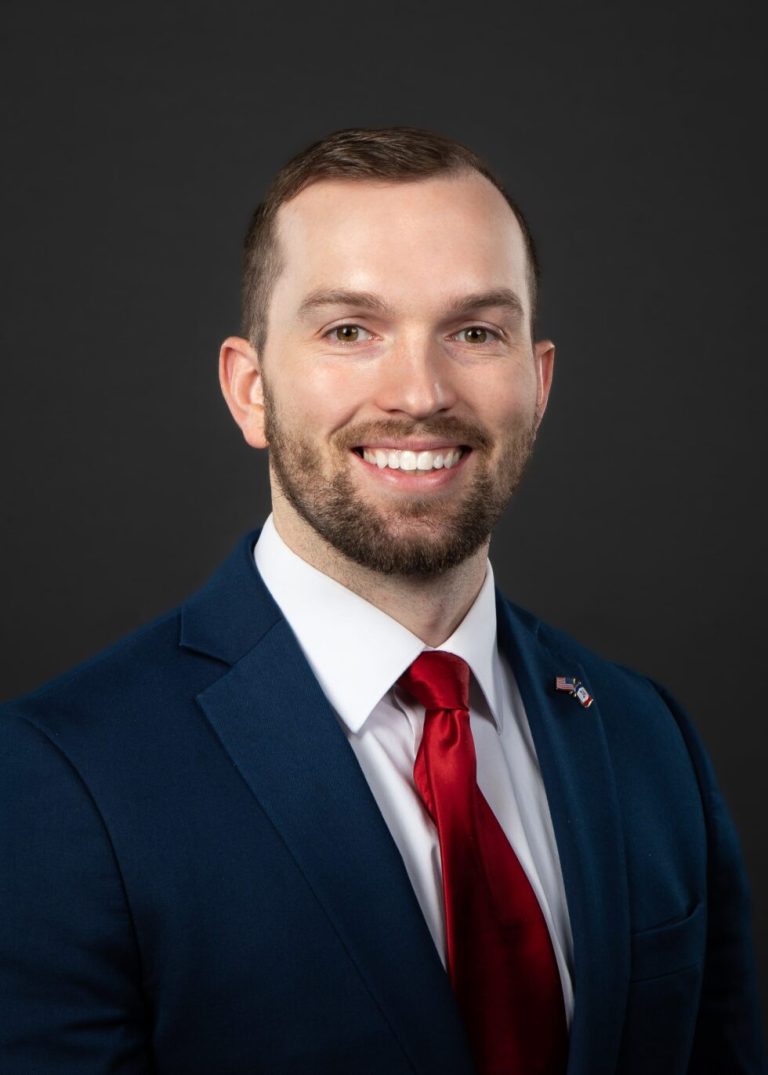In a move to boost sustainable aviation fuel (SAF) production, Senator Chuck Grassley of Iowa, along with a bipartisan group of senators, has reintroduced the Farm to Fly Act. This legislation aims to accelerate SAF development through existing USDA programs, benefiting both the environment and American farmers.
Grassley emphasized the economic and environmental benefits of homegrown biofuels, stating that the Farm to Fly Act will expand markets for farmers and enhance American energy production. Senator Jerry Moran of Kansas highlighted the potential of SAF to provide new markets for farmers and increase domestic energy security.
The Farm to Fly Act seeks to:
- Clarify SAF eligibility in USDA Bio-Energy Programs.
- Foster collaboration on aviation biofuels within USDA.
- Establish a common definition of SAF to ensure effective contribution from American crops.
The bill has garnered support from various stakeholders in the agriculture, energy, and aviation sectors. Alison Graab, Executive Director of the Sustainable Aviation Fuel Coalition, praised the legislation for harnessing the potential of American agriculture to advance SAF and uplift rural communities. Ed Bolen, President and CEO of the National Business Aviation Association, emphasized the importance of SAF in achieving net-zero emissions and generating jobs in manufacturing and energy generation.
Emily Skor, CEO of Growth Energy, highlighted the significance of the bill in supporting the rural economy during financial strain. Airlines for America and Delta Air Lines also expressed strong support, noting the benefits of SAF for energy independence and job creation. Pete Bunce, President and CEO of the General Aviation Manufacturers Association, called the legislation a win-win for both the aviation and agriculture industries.
The Kansas Corn Growers Association, National Sorghum Producers, Kansas Soybean Association, and Gevo also voiced their support, recognizing the role of SAF in creating viable markets for American farmers and contributing to cleaner flight.
Adding to the momentum, Iowa’s top economic development official, Debi Durham, has expressed a strong interest in bringing SAF production to Iowa. Durham believes that with the right tax incentives, Iowa could attract a refinery. She highlighted Iowa’s competitive tax environment and strategic location as key factors that make the state an ideal candidate for SAF production. Durham emphasized that discussions around a production tax credit could significantly advance this initiative and pointed out the potential for growth in this marketplace. The governor is expected to reveal specific tax-related recommendations soon. With such widespread backing and state-level initiatives, the Farm to Fly Act, coupled with local efforts, is poised to make a significant impact on sustainable aviation and the agricultural sector.















